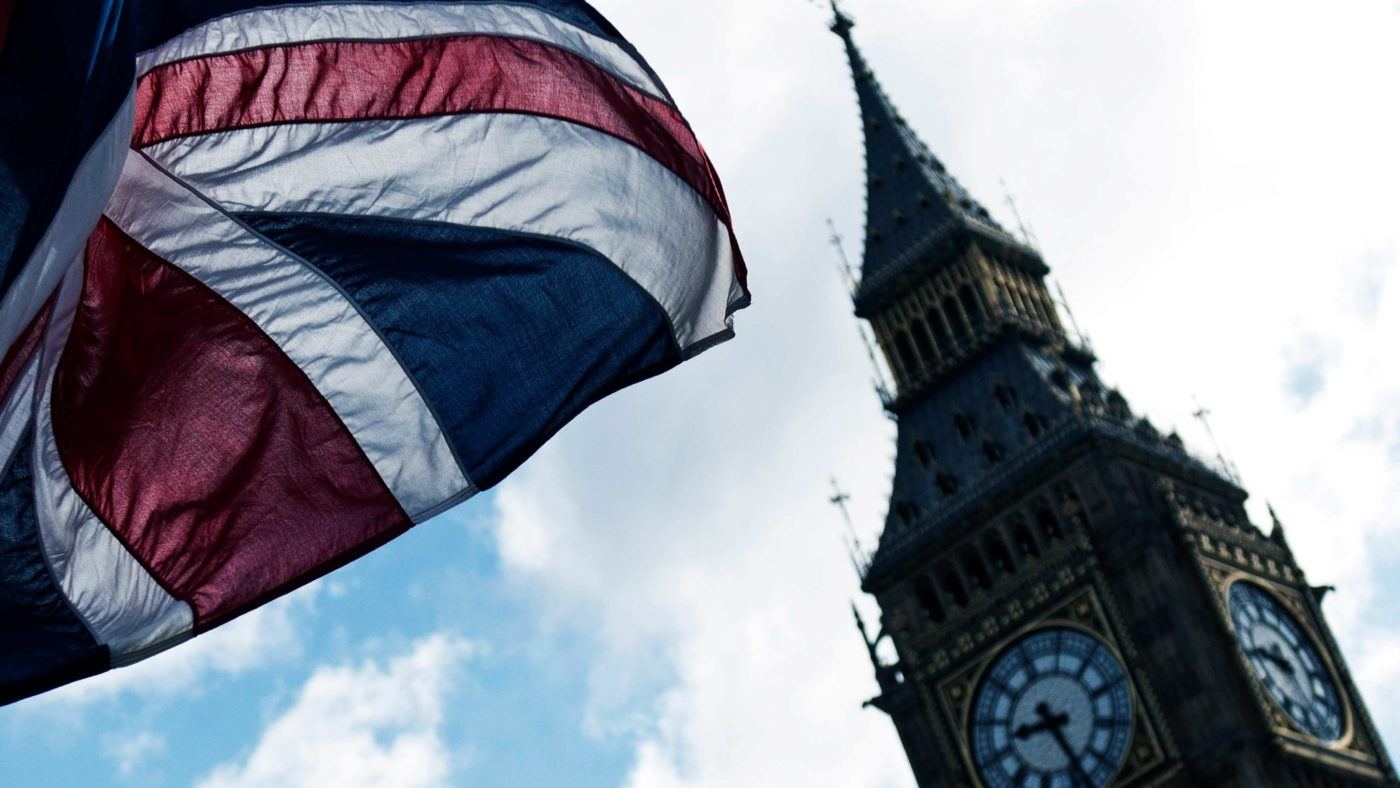There was a precise moment when I knew we were going to win the referendum; I was sitting in a BBC studio next to David Dimbleby and Amber Rudd, being interviewed about the referendum results in the early hours. During a brief broadcast break, some of the early results arrived.
Looking down at some of the Vote Leave data projections I had on a sheet in front of me, I compared the early results with what we needed to get if we were to win. We were ahead – and on course for victory.
After months of effort and uncertainty, I knew then that we had done it. At times it had felt as if the whole of our rotten Europhile establishment – from the broadcasters to the bishops, ministers to mandarins – had been against us. And yet an assortment of outsiders had gone and beaten the whole bloody lot of them.
I knew too that the result would be close – and that even in victory, we leavers needed to try to find common ground with many of those who had voted Remain. As I said in the BBC studio that evening, and have been repeating on every occasion since, a 52/48 result does not give either side carte blanche – we must leave the European Union, but do so in a way that most sensible Remainers can live with.
One year on, are we any closer to that? Yes. But not yet close enough.
Leaving the EU means massive changes in the way our country is run. Yet for many months now, broadcasters have instead given us endless expressions of disapproval about the referendum result. An anti-Brexit narrative – “The referendum result unleashed xenophobia”, “The negotiations will be impossibly difficult” – has been sustained by the selective use of facts.
Only now is the BBC, which exists to educate and inform, giving airtime to ideas about how we could do things differently – and better. How might we continue to trade freely with the EU from outside the Single Market? If we aren’t part of the Common Agricultural Policy anymore, what might we do differently? How might we control our borders without closing ourselves off as a country?
Its not just the dire state of public punditry that’s been a problem. Westminster is a cartel, and like most cartels, it has been hopelessly slow at innovating.
The House of Commons might be full of MPs happy to claim that they are there to protect our environment. So where are their new ideas to ensure we have higher environmental standards, now that we, not the EU, can decide these things?
Labour keeps telling us that once we leave the EU, they want to ensure we retain employment protection and rights. Great, but where’s the ambition in that? Digital disruption means profound economic change. A forward-thinking Left should be thinking in terms of changing the way we do business and reforming rules on corporate governance – not just retaining late-20th-century certainties.
Tories like to tell us that they are in favour of free markets. So how might we use the fact we are taking back control of trade policy to open up new markets? Where’s the vision?
Leaving the EU means that our politicians – not Brussels – will decide public policy. Which means that politicians have to work out what it is that they are going to offer the public. Virtue signalling is suddenly not enough. Those for whom politics is all about signalling their virtue will have to raise their game.
Britain is now about 18 months away from leaving the EU. Reaching some sort of agreement seems to me to be the easy part. Both sides will want reciprocal rights for their citizens. Free movement of people might end – but an agreement on the free movement of workers ought to be straight forward. It is in our interests to keep trading openly with each other.
The broadcasters’ narrative is that this is all going to be impossibly complex. Yet that only tells us about the narrators’ own prejudices and preconceptions. It tells us nothing about what will actually happen.
The real challenge is not going to be what we agree with the EU before Brexit. Its what we agree amongst ourselves as a country afterwards. Now that we have control, what kind of country do we want to be?
Over to you Boris, David and Michael. And Jeremy. And Vince. Whichever one of you produces a compelling vision will take control.


